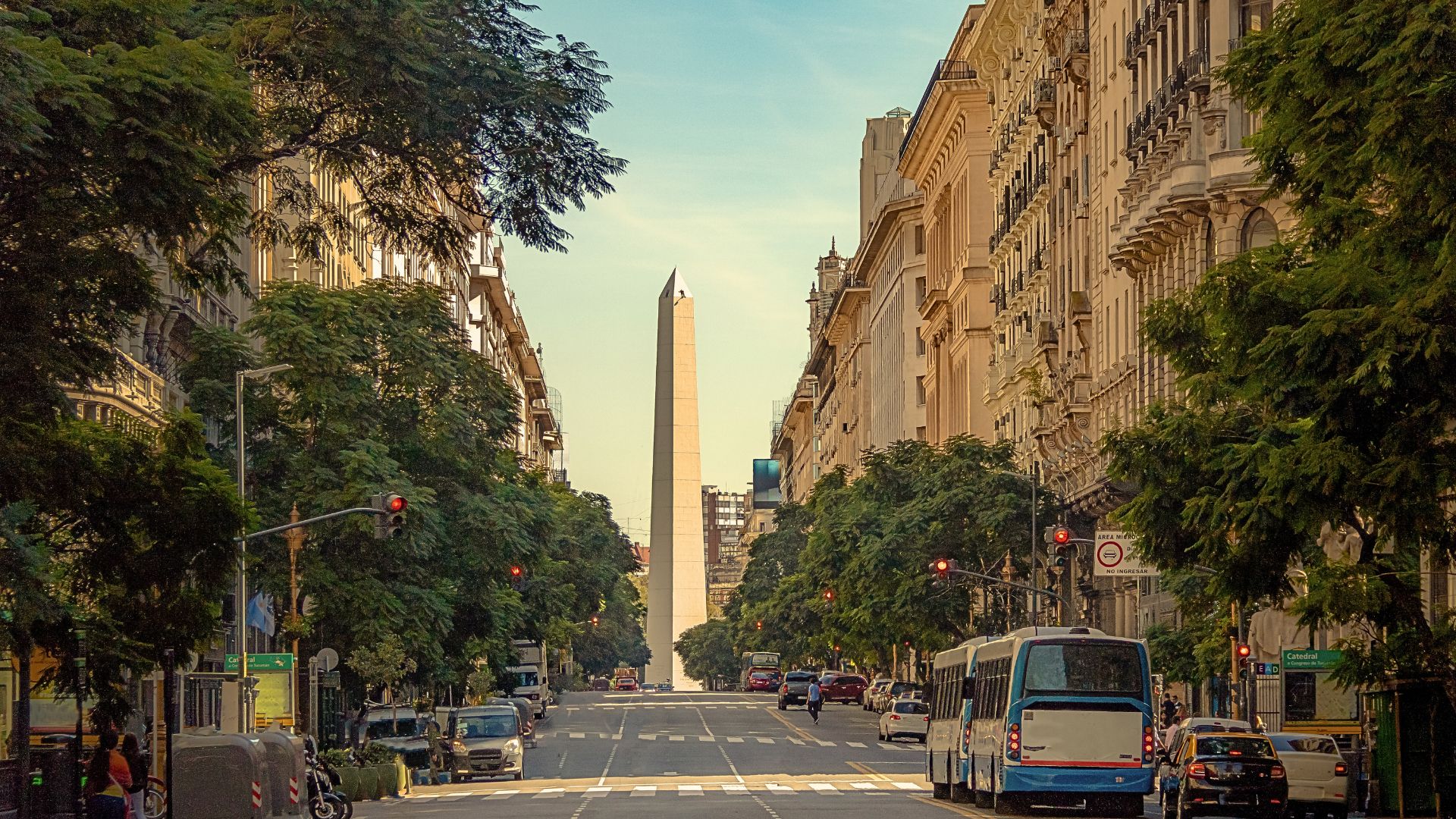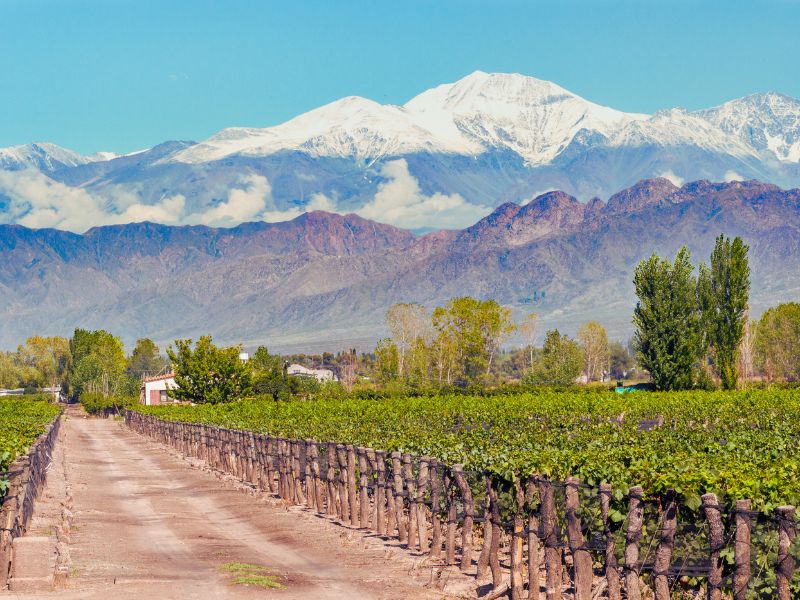Practical Information
Best Time to Visit
Córdoba can be visited year-round. Spring (September-November) and fall (March-May) offer pleasant temperatures and fewer tourists. Summer (December-February) is hot and is the high season for domestic tourism, especially in the sierras. Winter (June-August) is mild and dry in the city, cooler in the mountains.
Getting There
Ingeniero Aeronáutico Ambrosio L.V. Taravella International Airport (Pajas Blancas) has regular flights to Buenos Aires and other Argentine cities. Long-distance buses connect Córdoba to major cities throughout Argentina.
Getting Around
The city center is walkable, with public buses for longer distances. For exploring the province, options include rental cars, organized tours, and intercity buses connecting major towns in the sierras.
Accommodation
Córdoba offers a wide range of accommodations from international chain hotels to boutique properties and budget hostels. The sierras feature resorts, cabins, campgrounds, and estancias (ranch stays).
Language
Spanish is the primary language, with Córdoba known for its distinctive accent and slang. English is less widely spoken than in Buenos Aires, though most tourist establishments have some English-speaking staff.
Ready to Visit Cordoba?
Contact our team of experts to start planning your perfect trip to Cordoba. We'll create a tailor-made itinerary based on your interests and preferences.
About Cordoba
Founded in 1573, Córdoba is one of Argentina's oldest cities and has played a significant role in the country's history. The city is home to the country's oldest university, the Universidad Nacional de Córdoba, established by Jesuits in 1613. This educational tradition continues today, with Córdoba hosting numerous universities and a large student population that contributes to the city's dynamic cultural life.
The Jesuit influence is evident in the city's historic center, where the Jesuit Block (Manzana Jesuítica) and Estancias have been designated a UNESCO World Heritage site. These well-preserved buildings showcase colonial architecture and provide insights into the religious and educational activities of the Jesuit order in South America.
Beyond its historical significance, Córdoba is a modern city with a thriving arts scene, nightlife, and culinary offerings. The city is known for its distinctive accent, traditional folk music (cuarteto), and regional cuisine that includes specialties like locro (a hearty stew) and alfajores cordobeses (sweet pastries).
The province of Córdoba is also famous for its beautiful sierras (mountain ranges), picturesque valleys, and artificial lakes. These areas, particularly around Villa Carlos Paz, La Cumbrecita, and Mina Clavero, are popular destinations for both domestic and international tourists seeking outdoor activities and natural beauty.
Jesuit Block & Cathedral
Explore the UNESCO-listed Jesuit Block, including the University, the Domestic Chapel, and the Society of Jesus Church, along with the nearby Cathedral.
Jesuit Estancias
Visit the historic Jesuit estates in the countryside around Córdoba, such as Alta Gracia, Jesús María, and Santa Catalina.
Sierras de Córdoba
Discover the beautiful mountain ranges surrounding the city, with opportunities for hiking, horseback riding, and paragliding.
Paseo del Buen Pastor
Enjoy this cultural and recreational complex housed in a former women's prison, featuring fountains, galleries, and restaurants.
Güemes Street
Experience the city's nightlife and dining scene in this popular area filled with bars, restaurants, and cultural venues.
Embalse Lake
Relax at this large artificial lake in the sierras, offering beaches, water sports, and nearby hot springs.
Experience Cordoba with AUSTER DMC
Let our expert team create a personalized itinerary for your trip to Cordoba. We'll handle all the details so you can focus on enjoying this amazing destination.


